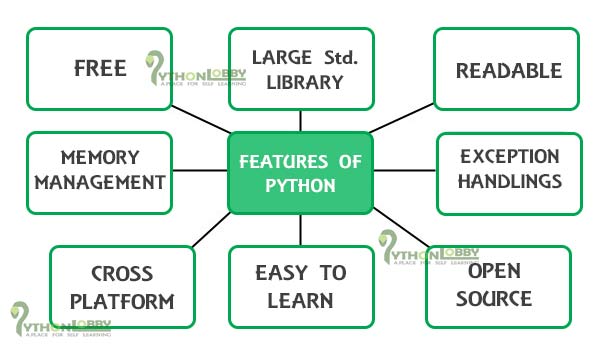Python Basic Syntax – Python Programming
Basic Python – Introduction to python programming: Like other programming languages, Python also has its own syntax. Syntax of Python has many similarities to Perl, C and Java etc. We will discuss all in detail and also see the basic difference between the syntax of Java and Python and will also understand accordingly.
Traditionally, the first program written in any new language is called “Hello World!” because all it does is display the words. We will see the example of the “Hello World!” program in Java and Python:
Syntax of Python vs Java
Example 1: “Hello World” in Java Programming Language
class PythonLobby {
public static void main(String[] args) {
System.out.println("Hello, World!");
}
}
Example 2: “Hello World” in Python Programming Language
print("Hello World!")
Here we can easily observe the difference between both of them by the above-given examples.
Important: Things to remember
Indentation: In the Python programming language you will be getting rid off, of curly braces. If you are from a programming background and having some taste in C/C++ or Java then you can easily understand the importance of curly braces in those programming languages.
But in Python instead of curly braces indentation will be there. Indentation refers to the spaces at the beginning of a code line. Python uses indentation to indicate a block of code. We cannot skip the indentation in the python program.
From a Syntax point of view that much knowledge is enough. But for more understanding and knowledge I have described some more concepts of python programming in which most of the time people remain confused.
Function definition difference between Python and Java
public fun_name() {
system.out.println("Hello World");
}
def fun_name:
print("Hello World")
Features of Python 
Programming Glossary
- Problem Solving: The process of formulating a problem, finding a solution and we can also say that to express solution.
- High-Level Language: Any programming language that is designed to be easy for a human to understand in terms of reading and writing.
- Low-Level Language: Languages that machines understand are called low-level language or assembly language.
- Interpret: To execute a program in a high-level language by translating it one line at a time.
- Compile: To execute a program in a high-level language by translating it all lines at a time.
- Portability: The property of a program that can be independent on a platform or we can say that program that can run on any operating system.
- Source Code: A program in a high-level language before being compiled.
- Object Code: The output generated by executing source code by the compiler after it translates the program, that object is used to run to generate the final output. I know it’s a little bit tricky to understand if you are beginners.
- Program: A set of instructions that performs some operation.
- Bug: An error in a program.
“If your are a complete beginner to programming field that it may be possible that you are not comfortable
or familiar with some of the words explained above.You don’t need to worry about that I will make it clear in upcoming articles.”